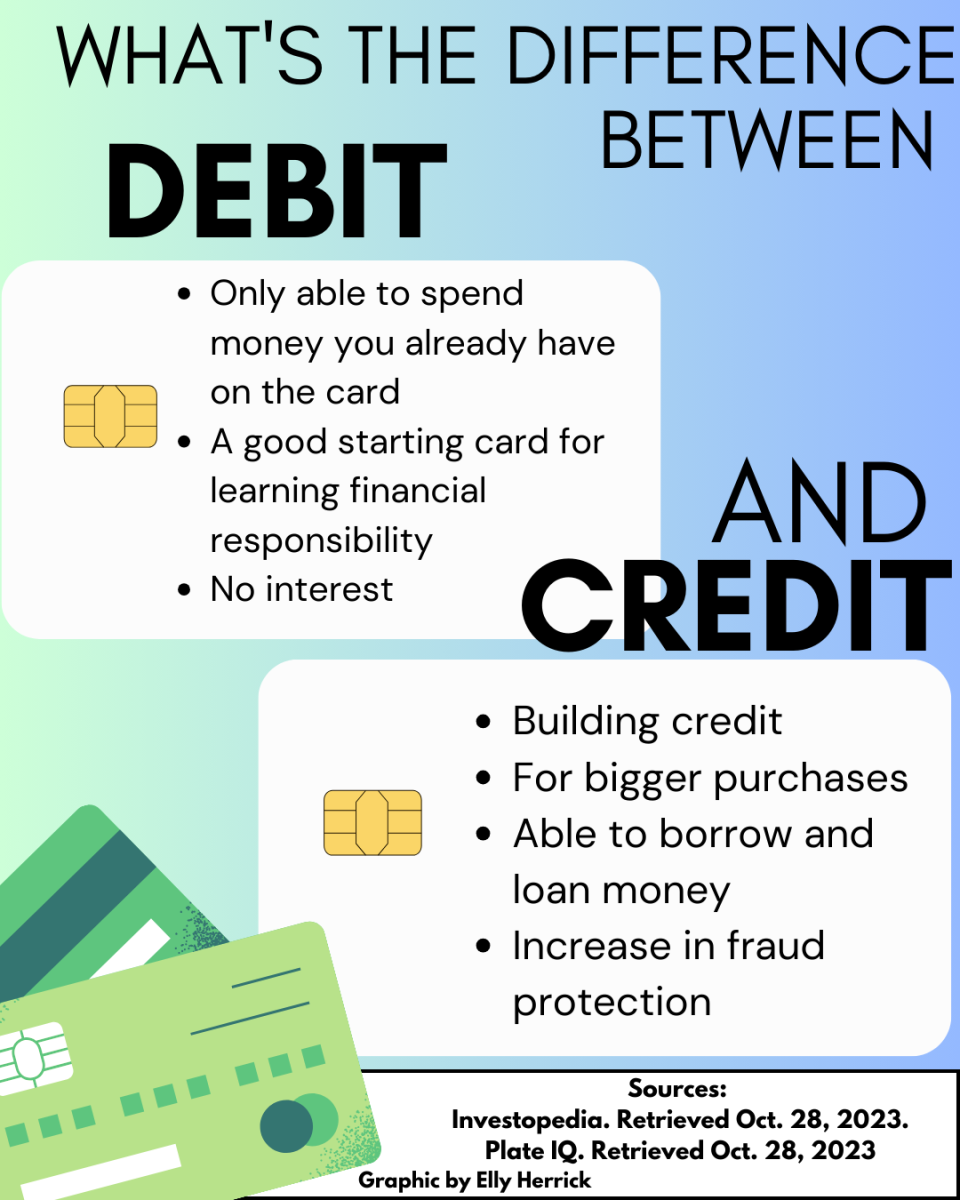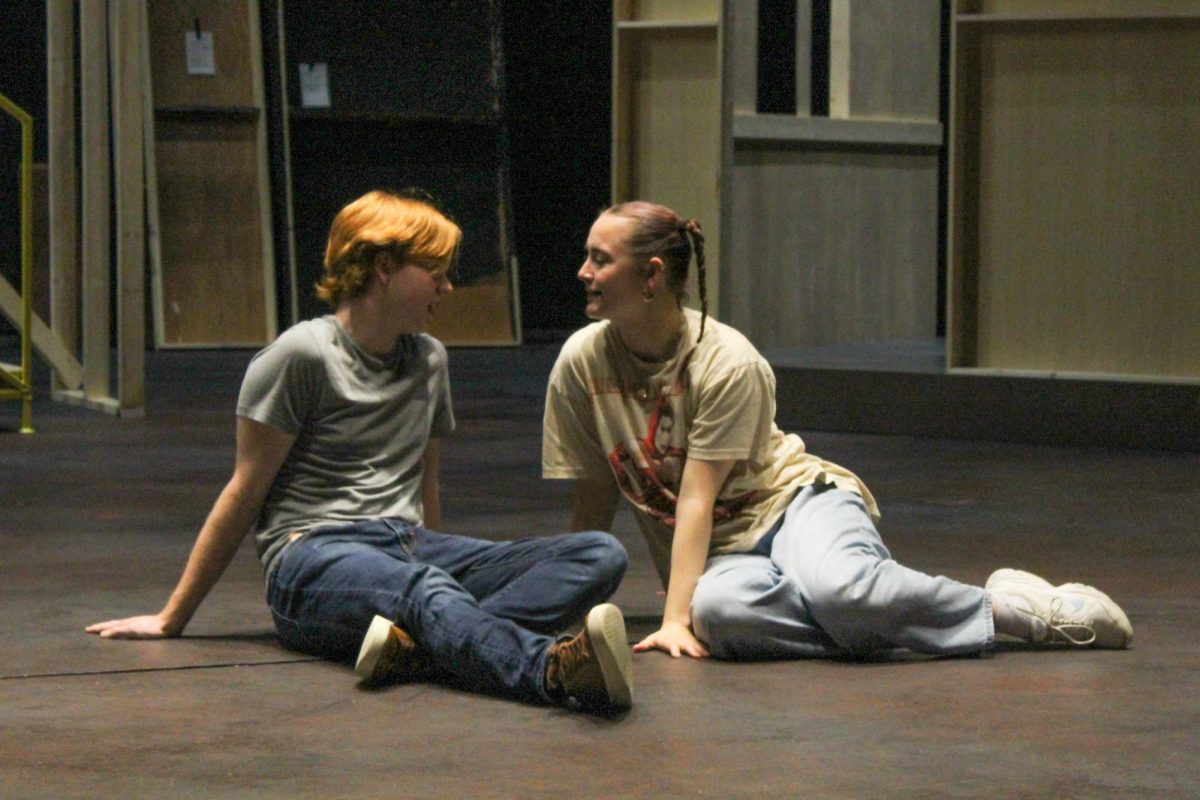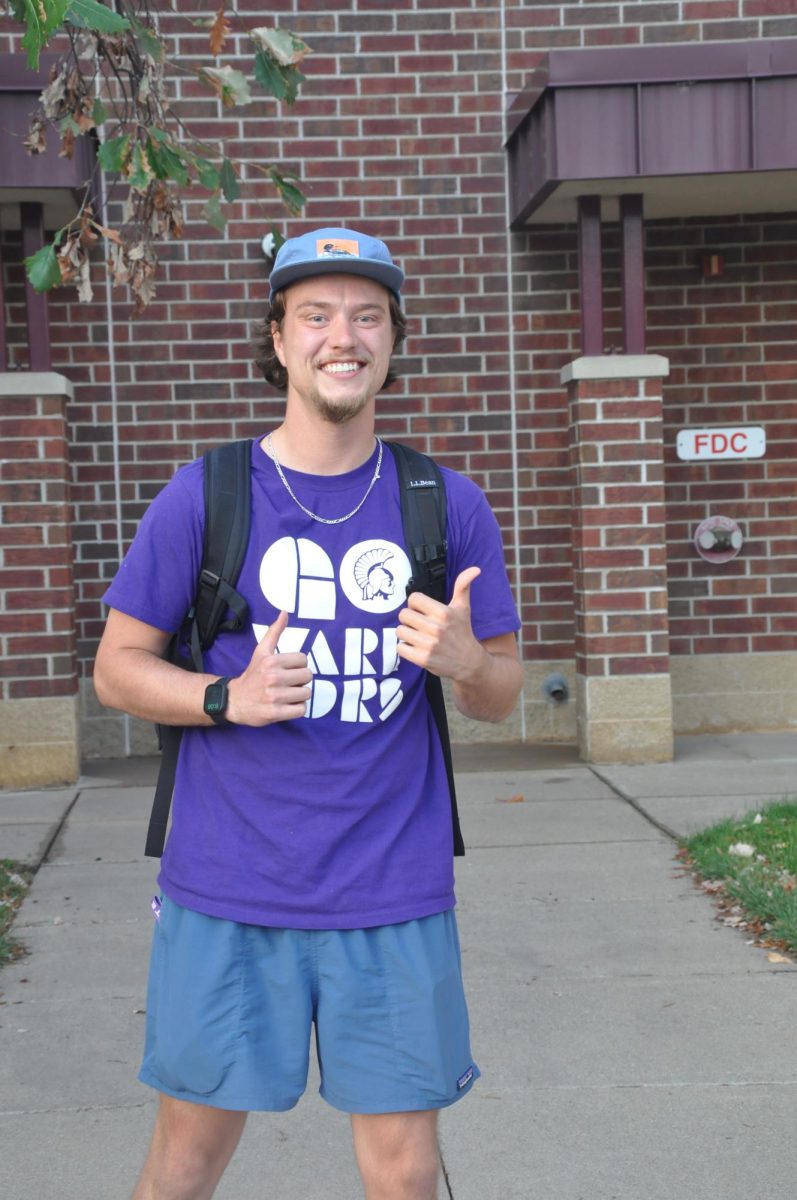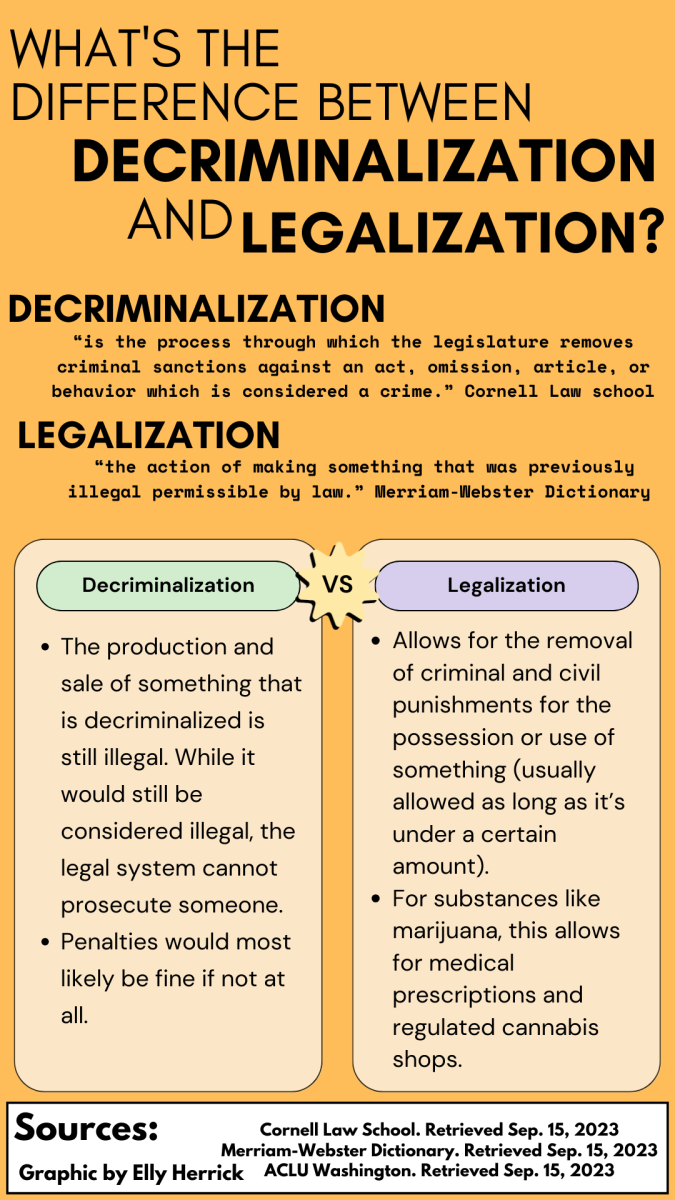Hannah Jones/Winonan
Stalking, like going to the movies, sharing spaghetti and meatballs, and any one of Taylor Swift’s multiple relationships, just isn’t as romantic as it used to be.
It used to involve planning, details, and reconnaissance in the form of binoculars and hiding in adjacent shrubbery. It used to be passionate. It used to be difficult.
Now, not so much.
Nowadays, anyone with a computer and a free Saturday afternoon can be a stalker. We don’t need binoculars to peer into other peoples’ lives through their windows anymore. Now, the window is online, and it’s always open: Facebook.
In college culture, having a Facebook account pretty much equates to having 10 fingers and toes. Everyone is expected to, and if someone doesn’t, the realization is immediately followed with a hushed inquiry—“what happened?”—as if he or she had lost his or her profile in a tragic accident.
Having a Facebook means that your name, your hometown, your photos, your job, your family members, your friends, your school, your thoughts on lunch that day and your favorite band when you were in high school are all on public display.
True, there are privacy settings that can make profiles slightly less open to the wanton eyes of strangers, but most students leave a certain degree unprotected: names and faces, even relationship statuses.
The information is out there, available with the mere touch of a button. Stalking could not be easier, or more tempting. It’s like having an informational candy jar sitting open on your desk. For many, it’s a matter of willpower not to dive in.
The funny part is, stalking on Facebook isn’t just for stalkers.
The word summons up images of sweaty, wild-eyed individuals breathing heavily as they tape hundreds of candid photos of one unfortunate target to their bedroom walls. The average Facebook stalker is actually the average person, a peer looking into a friend of a friend or checking to see if a crush is still single.
Even potential employers do it, checking up on new hires for evidence of company slander or drunken debauchery. Its pervasiveness has earned it the more benign term: “Facebook creeping.” For such a small substitution, the word makes a big difference in connotation. Observe:
Creeper: “Oh, you awkward little stranger, how did you end up in all these pictures with me?”
Stalker: “That new bracelet of yours looks suspiciously like a lock of my hair.”
See? Big difference.
However differently we regard these two terms, Facebook creeping also has a dark underbelly, just as shady as its real-world counterpart.
There are actually entire databases designed to help people “creep” on strangers via Facebook: online parades of random profile pictures for the curious bystander to page through, and entire “help” pages with creeping tips and hints—including how not to get caught.
“Don’t comment,” a creeping how-to site warns. Commenting, the site says, only draws attention to the creeper, whose main goal should be to remain “invisible” to the Facebook community.
So, somewhere out there, there is a group of people studying up on how to remain virtually invisible as they closely monitor others’ online activity. Suddenly, I’m missing the binoculars.
The world of creeping is surprisingly deep and detailed. One blog site instructs amateur creepers to follow three simple steps:
1. Choose a target.
2. Next, page through the interests, which most casual users will not think to amend or hide.
3. Go through the photos and the tags. Where are they? Who are they with? What are they wearing?
The information sounds harmless enough, and often is, but this can drudge up where the target has been, where he or she is going, who he or she associates with, and perhaps even more than staking out in a nearby bush can drudge up.
As terrifying as the concept of countless invisible online stalkers looking at pages of photos of us is, many of us will find ourselves creeping at some point or another.
One student confessed that her freshman roommate found her ahead of time on the Facebook page for her graduating class, and the two of them were able to connect and bond before even moving in together.
Furthermore, a Facebook page is exactly as safe as you make it. Many preventative sites recommend hiding contact information and other intimate details from all non-friends, which can be achieved with a simple adjustment of privacy settings.
We don’t worry about madmen with binoculars and hair bracelets every time we walk by a bush, and we shouldn’t worry about malevolent online stalkers every time we log onto Facebook.
In the end, the world of the Internet operates under the same rules as the real world: explore, connect and proceed with a grain of caution, and you’re more than likely to safely enjoy yourself.
Now, if you’ll excuse me, I’m going to put up the Berlin Wall of privacy settings on my profile.
Contact Hannah at [email protected]


































































